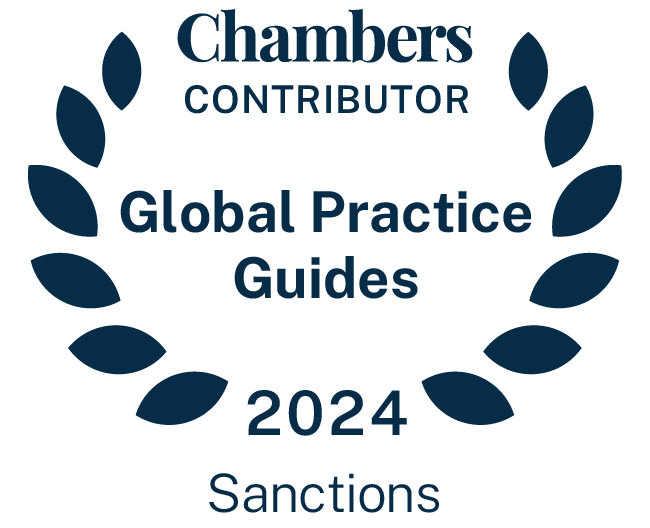Client Alert: EU General Court Judgments in Cases T-635/22 and T-644/22

The General Court of the Court of Justice of the European Union delivered judgements recently in two significant sanctions cases. The judgments can be appealed within two months to the Court of Justice (on points of law only).
We provide below a summary of the cases and the points of the judgements:
EU General Court Judgment in Case-494/22 – NSD v Council
Today, the EU General Court issued a judgment dismissing the action brought by the Russian Nasional Settlement Depository (NSD) against its inclusion in the EU sanctions list.
The General Court of the EU upheld the restrictive measures imposed by the EU Council against NSD in June 2022 for its key role in Russia’s financial system, thus providing material support to the Russian government. NSD sought to annul its inclusion in the sanctions list, but the Court found that NSD failed to prove the Council’s decision was unlawful.
In its judgment, the General Court found that NSD has failed to demonstrate that the Council erred in finding that NSD was a systemically important financial institution playing an essential role in the functioning of Russia’s financial system. The Court emphasised the importance of NSD’s financial services to the Russian Government and Central Bank, and its broader contribution to Russia’s financial system, thus enabling the government’s war against Ukraine.
As regards NSD’s argument that the restrictive measures imposed on it entailed the freezing of funds and economic resources belonging to its customers – some of whom are not subject to those measures – and, therefore, the infringement of their right to property, the General Court concluded that NSD cannot rely, in its action for annulment, on a right to property held by persons other than itself.
§However, the Court pointed out that the national competent authorities must ensure compliance with the EU Charter of Fundamental Rights when addressing requests for asset release, and that NSD’s customers can seek legal recourse in national courts for property rights infringements.
It is reported that NSD holds around EUR 197 billion in immobilized assets at Euroclear. Today’s judgment is significant in providing additional legal backing to the ongoing initiatives on the future use of such assets to generate proceeds for Ukraine, similar to actions taken with Russian central bank assets.
The judgment is available here.
EU General Court Judgment in Cases T-635/22 - Fridman and Others v Council and T-644/22 - Timchenko and Timchenko v Council
The General Court ruled today that the Council of the European Union (the Council) can impose reporting and cooperation obligations on Russian-sanctioned individuals and entities to enforce asset-freezing measures.
On 21 July 2022 the Council adopted a regulation requiring sanctioned persons to the national authorities of the Member States all the funds and other assets held by them in those Member States.
A group of sanctioned individuals (Elena Timchenko, Gennady Timchenko, Mikhail Fridman, Petr Aven and German Khan) challenged the legality of this reporting obligation before the EU General Court, submitting that, since those obligations are not laid down in a decision taken by the Council in the field of the EU’s common foreign and security policy (CFSP), they cannot be regarded as measures necessary for the implementation of such a decision.
They also argued that the abovementioned Council regulation amounts to a misuse of powers since the adoption of the reporting obligations in question should fall within the implementing powers of the Member States as it pertains to the national competencies of the Member States in the area of criminal law.
However, the General Court dismissed their actions appeal, stating that “the need for action to counteract legal and financial arrangements facilitating the circumvention of restrictive measures justifies such obligations”.
The General Court recalled that EU law permits the adoption of regulations by the Council to implement or give effect to sanctions to ensure their uniform application in all Member States. The measures provided for by EU law are not limited to obligations not to act and the Council was entitled to adopt reporting and cooperation obligations, even though they were not expressly provided for in the decision to which they relate.
In its judgment, the General Court also expressed the view that the Council “did not act in the stead of the Member States” in deciding how the sanctions should be implemented and what penalties should apply in their territory. The Court stated that on the contrary, the national authorities retain their power to decide whether the offence of participation in circumvention activities and the penalties attached thereto are to be of a criminal, civil or administrative nature.
The judgments are available here (T-635/22) and here (T644/22).







